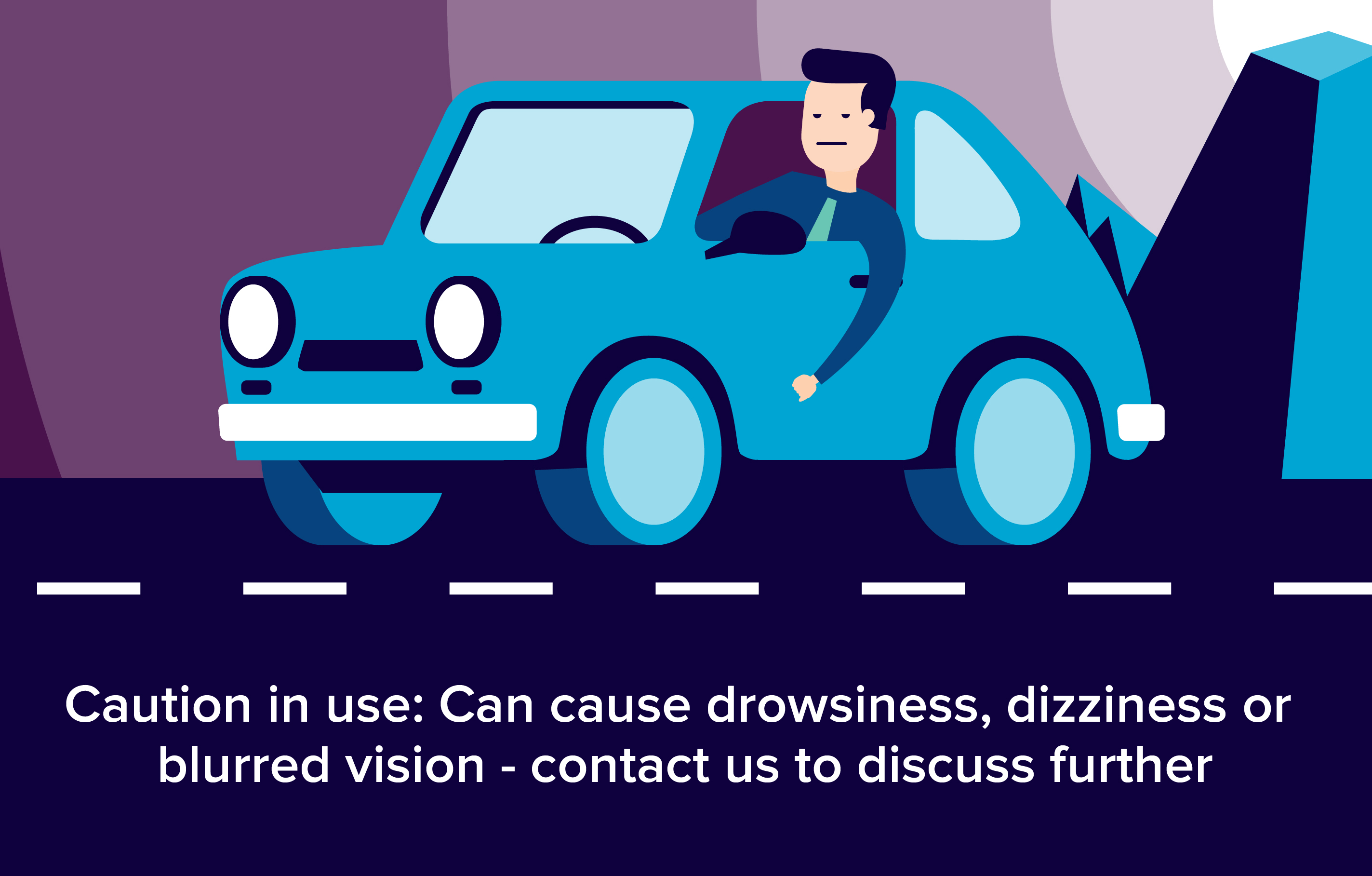Plaquenil (Hydroxychloroquine) tablets are recommended for the treatment of rheumatoid arthritis, juvenile chronic arthritis, discoid and systemic lupus erythematosus, and dermatological conditions caused or aggravated by sunlight. Plaquenil will require several weeks to exert its beneficial effect

Why have I been prescribed Plaquenil?
- Plaquenil (Hydroxychloroquine) tablets are recommended for the treatment of rheumatoid arthritis, juvenile chronic arthritis, discoid and systemic lupus erythematosus, and dermatological conditions caused or aggravated by sunlight.
- Plaquenil will require several weeks to exert its beneficial effects, whereas minor side effects may occur relatively early.
How does it work?
- How exactly plaquenil tablets help in arthritis is not exactly known.
- It is thought to be due in part to the inhibition of certain chemicals (prostaglandins) which are associated with pain and inflammation.
When and how do I take it?
- Each dose should be taken with a meal or glass of milk.
- If you are taking this medicine for
What’s the dose?
- The dose for adults will be either 200mg or 400mg a day depending on weight.
- The dose in children should not exceed 6.5mg/kg/day.
Could they interact with other tablets?
The following medicines may increase the chance of you getting side effects when taken with Plaquenil:
- Some antibiotics used for infections (such as gentamicin, neomycin or tobramycin)
- Cimetidine - used for stomach ulcers
- Neostigmine and pyridostigmine – used for muscle weakness (myasthenia gravis)
- Medicines that may affect the kidney or liver
- Medicines that affect the skin or the eyes
The following medicines can change the way Plaquenil works or Plaquenil may affect the way some of these medicines work:
- Digoxin - used for heart problems
- Medicines for diabetes (such as insulin or metformin)
- Antacids - used for heartburn or indigestion. You should leave a gap of at least 4 hours between taking these medicines and Plaquenil
- Rabies vaccine
Herbal supplements should be used with caution and only after informing your doctor first.
What are the possible risks or side-effects?
Stop taking Plaquenil and see a doctor or go to a hospital straight away if:
- You have an allergic reaction. The signs may include: a red or lumpy rash, swallowing or breathing problems, swelling of your eyelids, lips, face, throat or tongue
Stop taking Plaquenil and see a doctor straight away if you notice any of the following serious side effects - you may need urgent medical treatment:
- You have any eye problems. This includes changes in the colour of your eye and problems with your eyesight such as blurring, sensitivity to light or the way you see colour
- You have any muscle weakness, cramps, stiffness or spasms or changes in sensation such as tingling If you take this medicine for a long time, your doctor will occasionally check your muscles and tendons to make sure they are working properly
- Severe skin reactions such as blistering, widespread scaly skin, pus-filled spots together with a high temperature
- Blistering or peeling of the skin around the lips, eyes, mouth, nose and genitals, flu-like symptoms and fever.
This could be a condition called Stevens-Johnson syndrome
- You may get infections more easily than usual. This could be due to bone marrow depression or a blood disorder called ‘agranulocytosis’
- You may bruise more easily than usual.
This could be due to a blood problem called ‘thrombocytopenia’
- You feel tired, faint or dizzy and have pale skin. These could be symptoms of something called ‘anaemia’
- You feel weak, short of breath, bruise more easily than usual and get infections more easily than usual.
These could be symptoms of something called ‘aplastic anaemia’
- Liver problems that may cause the eyes or skin to go yellow (jaundice)
Tell your doctor or pharmacist if any of the following side effects get serious or lasts longer than a few days:
- Skin rashes, itching, changes in the colour of your skin or the inside of your nose or mouth
- Psoriasis (red scaly patches on the skin usually affecting the knees, elbows and scalp)
- Hair loss or loss of hair colour
- Feeling or being sick, diarrhoea, loss of appetite (anorexia) or stomach pain
- Feeling nervous, ringing in the ear (tinnitus), hearing loss, headache, fits, balance problems (vertigo) or feeling dizzy, mental problems (such as delusions, hallucinations or changes in mood)
- Weakening of the heart muscle (cardiomyopathy) resulting in difficulty in breathing, coughing, high blood pressure, swelling, increased heart rate, low amount of urine
- You may get infections more easily than usual. This could be due to bone marrow depression
- Symptoms of a condition called ‘porphyria’ which may include stomach pain, being sick, fits, blisters, itching
Can I drink alcohol while taking it?
- There are no known interactions between alcohol and Plaquenil.
- Always ask your pharmacist or doctor however, as this may depend on what other tablets you are taking.
What if I’m pregnant/breastfeeding?
Plaquenil should not be taken during pregnancy unless deemed essential by a doctor.
Plaquenil is not recommended during breast feeding.
If you have any more questions please ask your Pharmacist.
Remember to keep all medicines out of reach of children
Please Note: We have made every effort to ensure that the content of this information sheet is correct at time of publish, but remember that information about drugs may change. This sheet does not list all the uses and side-effects associated with this drug. For full details please see the drug information leaflet which comes with your medicine. Your doctor will assess your medical circumstances and draw your attention to any information or side-effects which may be relevant in your particular case.
References:
http://www.hopkinslupus.org/lupus-treatment/lupus-medications/antimalarial-drugs/
http://www.drugs.com/plaquenil.html
http://www.rheumatology.org/I-Am-A/Patient-Caregiver/Treatments/Hydroxychloroquine-Plaquenil
http://www.rxlist.com/plaquenil-drug.htm
http://www.medicinenet.com/hydroxychloroquine/article.htm



